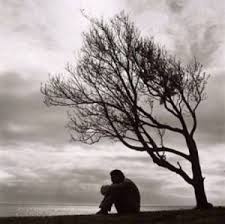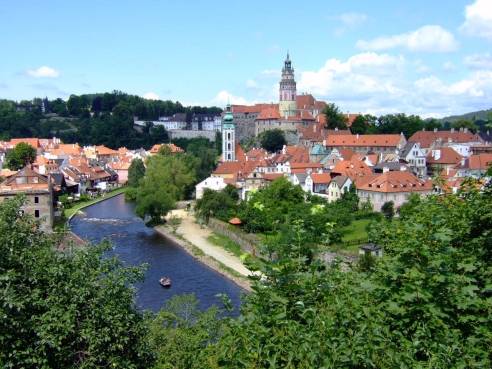
(This is the sixth post in a series written for families struggling with cancer and other difficult issues.)
Cancer is hijacking individuals in four families that Jim and I have lived “life together” with for many years. We’ve been traveling companions, in ministry together, worshipped at the same church, played, and cried together. We are reeling. But most importantly, is how each of these dear ones is bearing the weight of the diagnosis.

Our friends and family admirably walk this unanticipated road with hope. They cry out with a blessed assurance because they know to whom they belong. They are gifted with communities who listen with love as they attempt to articulate this unwelcome guest called grief. Of course, cancer is not our only nemesis. Losses of all kinds bring universal heartaches.
Sometimes I see a space within the bereaved where sorrow remains expressionless. The voice is mute but every cell in the body feels it. Have you found yourself in this state? You are aware because the sensation is undeniable. It’s a deep in the bones and marrow experience that defies description.

Professional counselors are adamant that fear, sorrow, confusion, and anger must be verbalized and eventually released. To repress, they inform, is to bring about further distress, psychologically and physically. As a follower of Christ, I know that Jesus wants us to release our burdens to him, leaning into his compassion and healing. Sometimes this relinquishment is easier said than done and we need a little creative encouragment.
When I was in college, I attended a class titled “Music and the Allied Arts.” I remember assignments in which we listened to musical pieces and were asked to imagine the pictures they painted, the emotions they evoked, and the stories they told. Perhaps we could envision the architecture of a majestic cathedral in a Beethoven sonata, or become privy to an argument between friends in the phrases of a piano etude. We were challenged to turn to music as an ally to not only define life, but to touch our innermost being.

In the 17th century play, The Mourning Bride author/poet William Congreve wrote “music has charms to sooth a savage breast.” Centuries later we morphed this metaphor to the savage beast, but the connotation is the same. Music can be a power source for healing. In act one of The Mourning Bride, a woman named Almeria muses about the possibility that peace could be within her reaches.
The first page of the playscript reads:
The Mourning Bride
“The Curtain rising slowly to soft Music, discovers ALMERIA in Mourning, LEONORA waiting in Mourning. –
After the Music ALMERIA rises from her Chair, and comes forward to spea. –
Music has Charms to sooth a savage Breast,
To soften Rocks, or bend a knotted Oak.
I’ve read, that things inanimate have mov’d,
And, as with living Souls, have been inform’d,
By Magic Numbers and persuasive Sound.”
Unfortunately for Almeria, by the time she finishes her soliloquy, she is convinced that music’s charms are meant for others but not for her. In further reading of the play, we discover that grief has a hold on her heart that she cannot shake.
In most loss, there is a tug of war between mourning and resolution. But sometimes the gift of music breaks through and truly does “soothe the savage beast.”
What music soothes you? I am partial to orchestral and choral music, probably because I spent many years performing in these musical organizations. They brought great joy and offered a place for touching all my emotions. Smetana’s orchestral symphonic poem Die Moldau has that power. Each string, woodwind, and brass section ushers in a particular sound of the Moldau river rushing through the Bavarian countryside. The main melody is eerily beautiful, the harmonies are visceral.

- Die Moldau, winding through Bavaria
I invite you to take some time to experience the music of the Die Moldau. Listen with paper and pen close at hand. Write down any images, thoughts, or feelings the music evokes. Do you like to draw or paint? Express yourself in the way that is natural to you. There are no wrong answers. Maybe you will be comforted, or like Almeria, find yourself confronting the elusiveness of peace. Maybe you’ll find yourself in between.
Perhaps your grief is expressionless. That’s okay, too. Just listen and allow yourself to be with the music.

(On a lighter note, the phrase “hell hath no fury like a woman scorned” originated from The Mourning Bride as well.)

Reblogged this on Season Six(ty): life in the 60 something years and commented:
This repost is a result of editing feedback from my good friend Kim Moraghan. Feel free to offer writing suggestions.
LikeLike